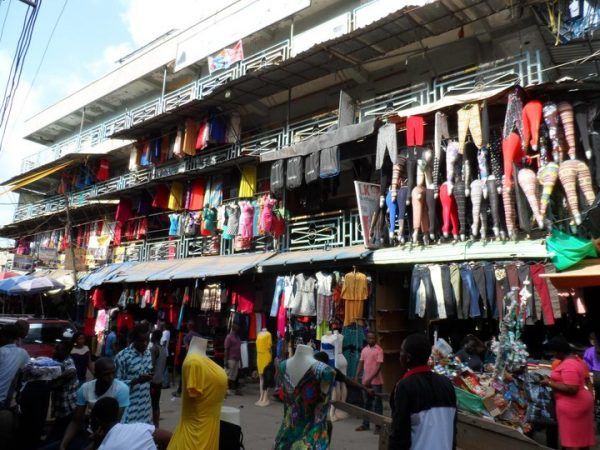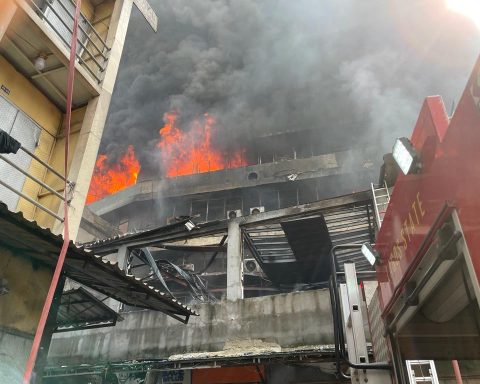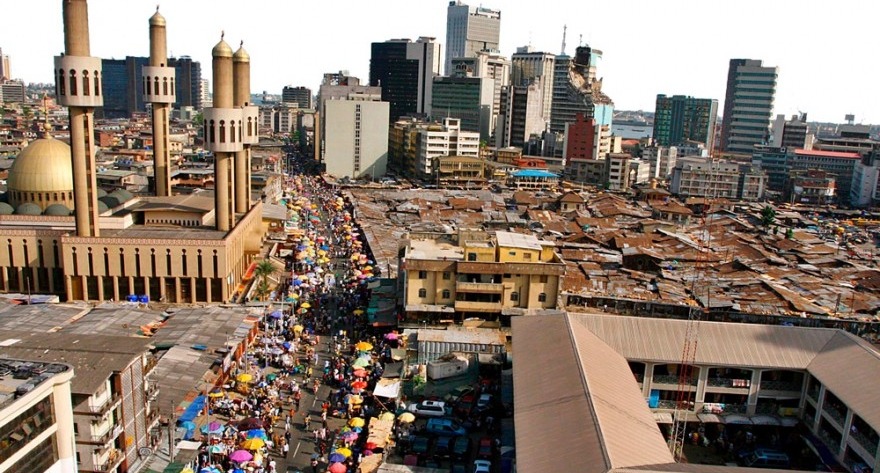Traders in the Balogun and Breadfruit markets in Lagos Island are gripped with anxiety as the 14-day quit notice issued by the Lagos State Government approaches.
The demolition of shop containers without prior notice has left many, like Matilda John, a lone mother supporting three children, facing additional hardships.
Join our WhatsApp ChannelJohn expressed her frustration, saying, “Our business is facing significant setbacks due to the actions of the Lagos State Government. They have dismantled the container that once provided shelter for me and my clothing merchandise, leaving me with no alternative but to sell my products outdoors.”
In an exclusively interview with Prime Business Africa, Chioma Ebele, another trader, lamented the lack of notice before the demolition, saying, “The owner of the building is still there. However, those of us with containers have nowhere to display our goods. This move would affect me because I just lost my husband seven months ago. So, I am just hanging around hopelessly.”
READ ALSO: Lagos Govt Reopens Markets Shut For Environmental Cleanup
Chukwudi Onyebuchi, a middle-aged trader, shared the plight of losing a N2 million kiosk, leading to physical pain from hawking clothes. Blessing Chukwuma, whose shop extension was removed, decried the act and questioned how they could replace it in the current economic situation.
The Lagos State Government had issued the ultimatum to traders, citing concerns about building collapse, traffic congestion, street trading, and environmental infractions.
The Commissioner for Physical Planning and Urban Development, Dr Oluyinka Olumide, emphasized the government’s zero tolerance for illegal developments, stating, “It is not by force to do business on Lagos Island.”
Ayomide George, an architect, acknowledged the unfortunate situation but highlighted the need for due diligence when renting or building, suggesting that potential tenants should ensure compliance with building regulations.
As the government’s enforcement continues, traders face uncertainty, with many forced to empty their shops due to fears of impending demolition. The Special Adviser, Central Business Districts, Bola Olumegbon-Lawal, urged traders not to create a nuisance by indiscriminately allocating spaces to themselves.
While experts like Jeremiah Akinsele support the government’s actions, emphasizing the importance of setbacks for fire prevention and ventilation, traders hope for a resolution that considers their economic challenges. As the ultimatum deadline approaches, the fate of these traders hangs in the balance, with concerns about the impact on livelihoods and the overall business environment in Lagos Island.

















